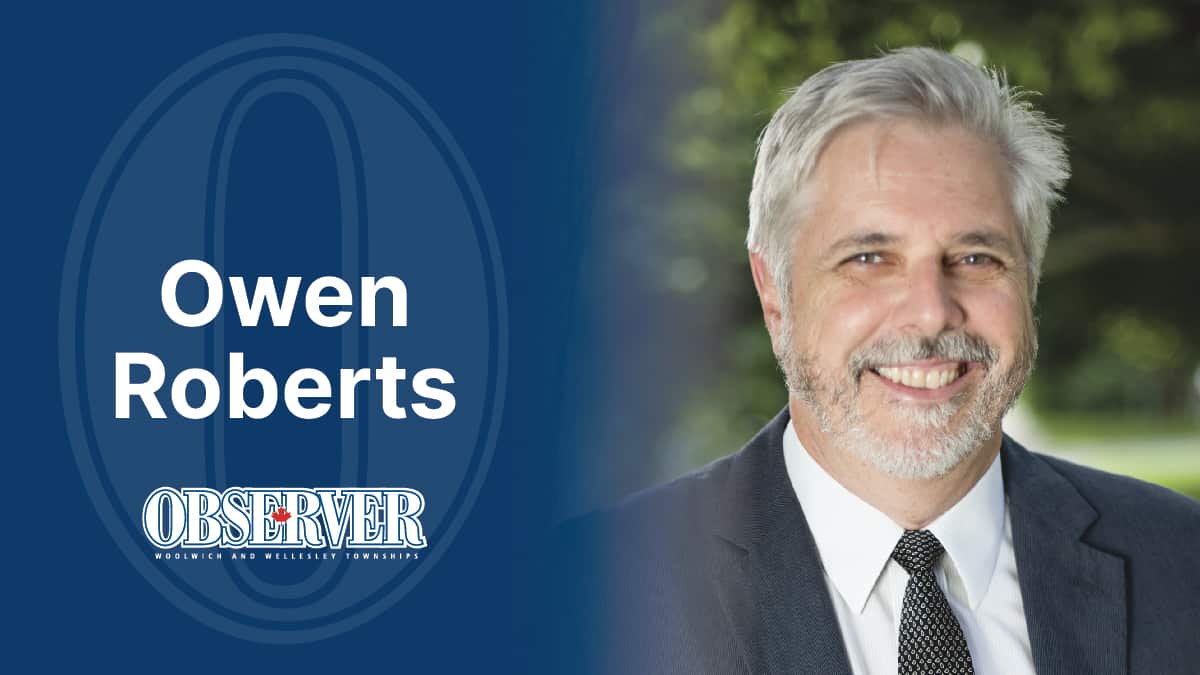;
;
;
Next Article
Golfers back on course after provincial about-face

You don’t have to know much about U.S. history to understand that minority farmers have not been treated well. It’s a particularly topical matter this week, with the spotlight on equality and justice, on the first anniversary of George Floyd’s death. Efforts to right wrongs have been accelerated. A
Last updated on May 03, 23
Posted on May 27, 21
2 min read
